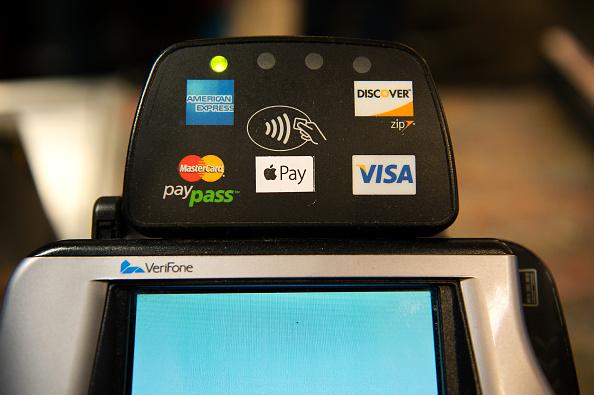Windows Experience’s (XP) “end of support” is fast approaching, and many people and businesses are being told to upgrade their operating system (OS) in fear that disaster will strike.
This security vulnerability could mean an up-tick in the amount of compromised Windows XP SP3 computers, and office 2003 software suite in the near future.
As reported by Technet, when updates are released they are usually done so across all Windows platforms, to address the problem globally, because one security patch can affect multiple operating system versions, or multiple application versions in the same way.
Attackers will usually backward engineer the security patch, then look for computers, Windows XP in this case, that might have not received the patch as of yet, and strike.
Microsoft usually updates its products the second Tuesday of every month, referred to as “Patch Tuesday,” so the last update for Windows XP could be March 11, 2014.
Microsoft will continue to provide updates for Microsoft Security Essentials, but you won’t be able to download the software onto a Windows XP computer as of April 4, 2014, as reported on the Microsoft website. This support is only for the anti-malware signatures and only for a limited time.
Microsoft Security Essentials is a free security application from Microsoft that protects you against viruses, spyware, and other malicious software as stated on the Microsoft Safety & Security Center website.
Viruses, malware, and the like, do not install themselves, they require some sort of user action to be installed on your computer.
Some of the more common ways computers are compromised is by opening a link from a phishing email, opening attachments that have not been scanned, accepting things without reading the conditions carefully, and installing pirated software.
The problem for businesses is that many legacy applications just will not run on anything but Windows XP. So, they will need not just to update to a newer version of Windows, but also invest in having their legacy code updated, which can be a costly process.
In an interview with Computer Weekly, Garry Owen, senior product marketing manager at VMWare, recommends running your legacy application through a ThinApp, which wraps your Windows XP and legacy apps inside a single executable.
There are many similar products out there from other vendors as well, that will lock your Windows XP in a “sandbox” environment, effectively securing the Windows XP environment.




